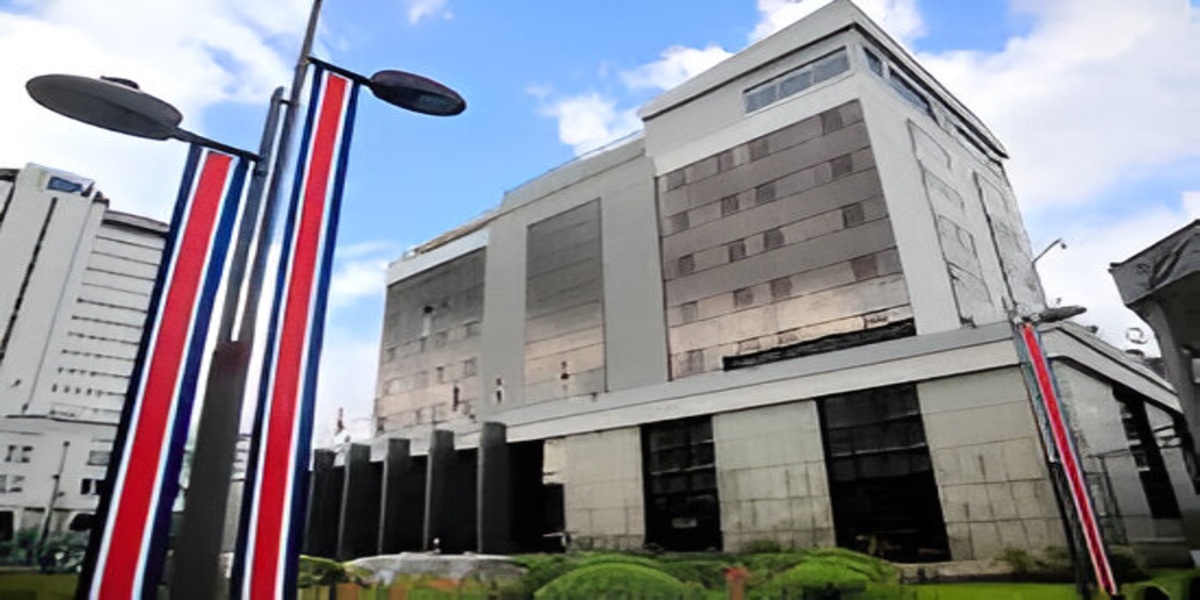QCOSTARICA — With ten legislative bills with the support of the legislators, the judiciary, and the executive branch is expected to curb the wave of crime in Costa Rica.
Among the changes are eliminating prison benefits, provisional release and timorous criminal regulations, Costa Rica is preparing to validate a new tough law against contract killings, “sicariato” in Spanish, and drug trafficking.
The change comes at a time when the country is reporting historic homicide numbers, which would imply a profound change in approach to prevent criminals from walking free, including in situations caught red-handed, despite having committed serious crimes.
– Advertisement –
The proposed law(s) would prohibit offenders of serious crimes and/or tied to organized crime and drug trafficking, the prohibition of granting the benefit of house arrest or use of electronic bracelets, among others.
In addition, among the proposals is a prohibition of granting naturalization or revoking Costa Rican citizenship obtained through naturalization when the foreigner has been convicted of a serious crime.
Another is attacking loan sharking or “gota a gota” in Spanish, with the punishment of four to eight years on anyone who, “through intimidation or threats by any means, forces another to pay a debt or credit obligation”. If it is part of organized crime, the sentence will be eight to fifteen years.
Also, crimes of extortion and homicide will be susceptible to investigation through telephone wiretapping.
The success of this package of 10 law proposals is the follow through of the negotiated by President Rodrigo Chaves, the legislators, and the Judiciary.
The idea is to give more legal tools to the Organismo de Investigacion Judicial (OIJ), the Fiscalia (prosecutor’s office) and criminal court judges to prevent antisocials from walking freely on the streets after committing crimes and awaiting trial.
– Advertisement –
The package of initiatives is already in the legislative stream, and the expectation is to give it an accelerated process due to the high political will.
“One of the proposals we are dealing with has to do with a reform to article 239 of the Penal Code to change the parameters of preventive detention, so that the citizen’s complaint that a captured person is quickly released by judges is resolved. This is because the law establishes impediments and requirements for the precautionary measure, which are the danger of flight and the obstruction of the investigation, so in most cases, people are released because there is no danger of them circumventing those parameters. What we are doing is expanding the scope of the law to be more severe and include more crimes,” said Gloria Navas, president of the Congressional Security and Drug Trafficking Commission.
“In principle, there is an endorsement from the fraction leaders for these ten proposals. These plans are instruments that are given to the Judiciary, the OIJ, and the prosecutor’s office to work better and fight against drug trafficking,” said Rodrigo Arias, president of Congress.
“These proposals have the support of President Rodrigo Chaves, the leaders of the Judiciary and this servant as president of Congress. It is now time for the plans to be studied by the deputies of the various parties to advance and continue with the goal of having the projects approved by the Legislative Assembly. In principle, there is an endorsement from the fraction leaders for these ten projects. These plans are instruments that are given to the Judiciary, the OIJ, and the prosecutor’s office to work better and fight against drug trafficking,” stated Arias.
– Advertisement –
For her part, Natalia Diaz, Minister Presidency, stated: “I think there is very good will on the part of the legislators to move forward with these proposals. Of this group, there are 7 that are already advancing in the legislative stream. There is a commitment from the parties and the government to advance this agenda. We also have to define which projects will have a waiver of processing”.
– Advertisement –
Source link
Rico



